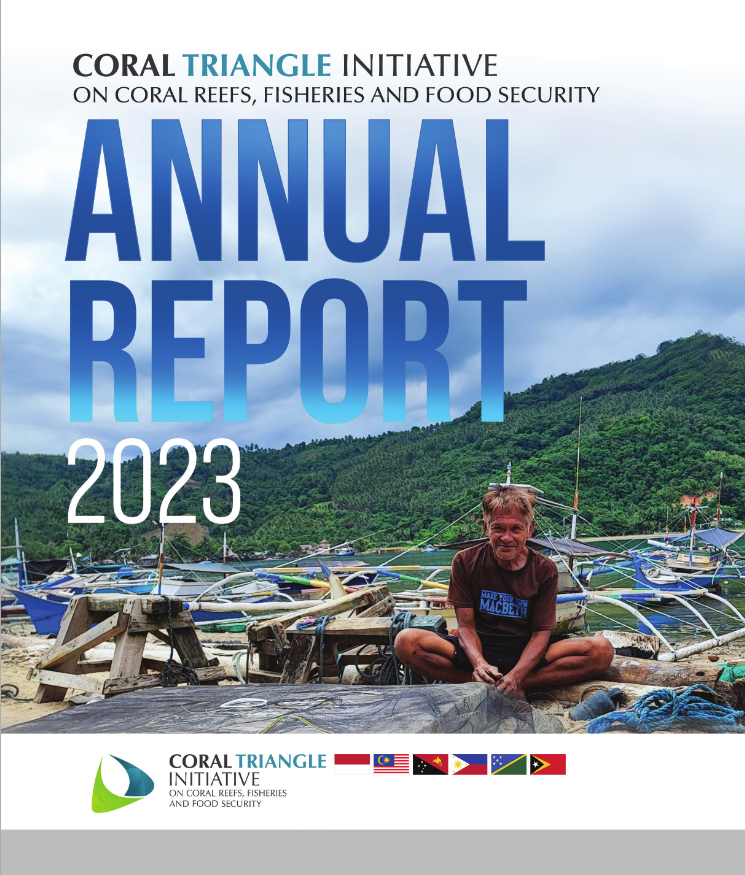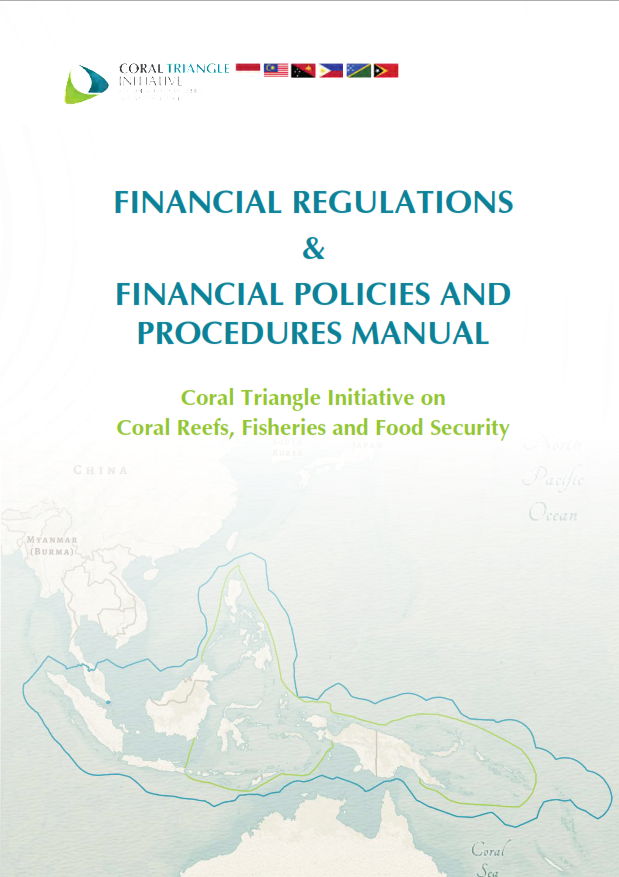Featured Research: Fish Behaving Badly in Acid Sea off PNG
(JCU MEDIA RELEASE) In a world-first study published on April 14, researchers have found that fish in the wild respond adversely to ocean acidification.
“Fish living at natural carbon dioxide seeps have abnormal behaviors similar to what we’ve observed in previous laboratory experiments,” says the lead author of the study, Professor Philip Munday from the ARC Centre of Excellence for Coral Reef Studies (Coral CoE) at James Cook University. He adds that these carbon dioxide levels are similar to what is predicted for the oceans in the second half of the century.
“We see small fish being attracted to, instead of avoiding, the smell of their potential predators,” Professor Munday explains. “And, the fish also ignore the smell of their preferred habitats. They are more active and display riskier behaviors, venturing further away from shelter, which makes them even more vulnerable to predators.”
The collaboration involving the Coral CoE, Australian Institute of Marine Science, Georgia Institute of Technology and the National Geographic Society is the first to shift out of the science lab and into the natural environment to study the effects of ocean acidification on fish.
The isolated ‘natural laboratory’ where the study was conducted lies just off the coast of Papua New Guinea, where coral reef waters are made acidic by the natural carbon dioxide seeps.
Dr. Jodie Rummer, a co-author of the study from the Coral CoE, says that while the higher carbon dioxide levels do affect fish behavior, it does not appear to affect their athletic performance.
“The metabolic rates of fish from the seep area were the same as fish from nearby ‘healthy’ reefs,” Dr. Rummer explains. “So, it seems that future ocean acidification may affect the behavior of reef fishes more than other aspects of their performance.”
Professor Munday adds an important finding is that fish behavior did not seem to improve, despite the fish from the carbon dioxide seep residing in acidic waters all of their lives so far. “This suggests that fish cannot adjust to rising carbon dioxide levels over a lifetime,” he says. “As a result, it is imperative that we study the ability of fish and other marine species to adapt to higher carbon dioxide levels. We know that adaptation can happen, but we don’t know if this will happen in time to overcome these negative effects on behavior.”
The findings of this study will be of particular concern to the millions of people in the tropics who depend on coral reefs for food security and livelihoods.
To view source story and more details about the study, click here (external link).



